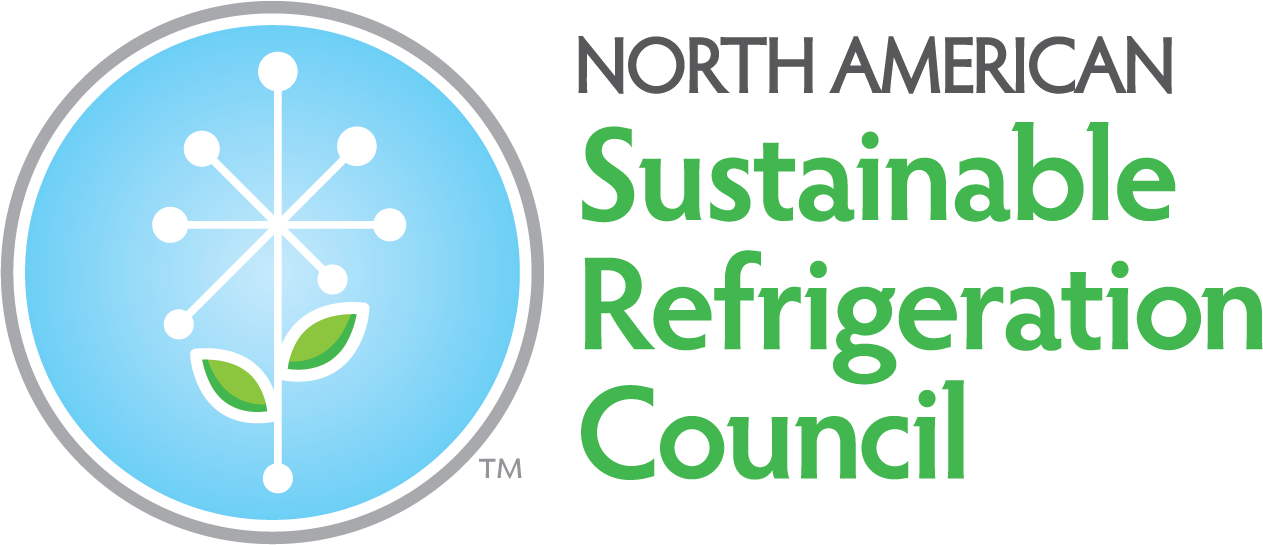In the wake of the recent decision by the US Federal Appeals Court that questions the EPA's power to regulate non-ozone depleting refrigerants, supermarket retailers are questioning how to move forward. Will the SNAP program have the power to approve refrigerants? Should they continue to plan to replace refrigerants with high global warming potential (GWP)? To answer these questions, supermarkets should look to the Kigali Amendment to the Montreal Protocol.
Almost 30 years since it's signing, the Montreal Protocol is considered one of the most successful international treaties of all time. It has effectively eliminated the production of harmful ozone depleting chlorofluorocarbons (CFCs) and is in the process of eliminating the production of hydrochlorofluorocarbon (HCFCs) refrigerants. However, this phase-out has effectively traded one environmental disaster for another, as the replacement refrigerants, hydrofluorocarbons (HFCs), cause global warming.
In 2016, the Kigali Amendment updated the Montreal Protocol to gain global commitment to the phasedown of HFCs. Developed countries, like the United States, will be required to begin reducing HFC production and import of HFCs in 2019. This reduction is expected to correlate to increased HFC prices, especially those with high GWP.
"We continue to believe that now, as always, the strongest case for natural refrigerants is the business case," said Danielle Wright, Executive Director of NASRC. " It would be an unsound business decision to invest in HFCs for new equipment or retrofits when there are so many low GWP or zero GWP options available."
The Kigali Amendment also sets limits on the carbon dioxide equivalent emissions for several major corporations, including chemical manufacturers. These limits are expected to drive an increase in their manufacture of low-GWP refrigerants and a respective decrease in their manufactured volume of high-GWP refrigerants. Europe has already experienced a price increase of high-GWP refrigerants due to the accelerated phasedown of HFCs by the EU’s F-gas regulations.
Furthermore, it should be noted that the US Appeals Court decision was not supported by the two largest US refrigerant manufacturers, Chemours and Honeywell. These companies are currently considering pursuing an appeal to have the entire DC Appeals Court hear their case. These companies’ support of low-GWP refrigerants is another strong indicator of the inevitable phasedown of high GWP refrigerants.
While the Appeal Court decision may temporarily slow the phasedown of high GWP refrigerants, the Kigali Amendment will provide the economic drivers that will ultimately move the market towards low and zero GWP refrigerants. Supermarkets should act now to get ahead of what will surely be an expensive transition.
To learn more about the latest updates to policy and regulations for refrigerants, NASRC members are welcome join the next Quarterly Policy Webinar on August 23rd at 11AM PDT, register here.

